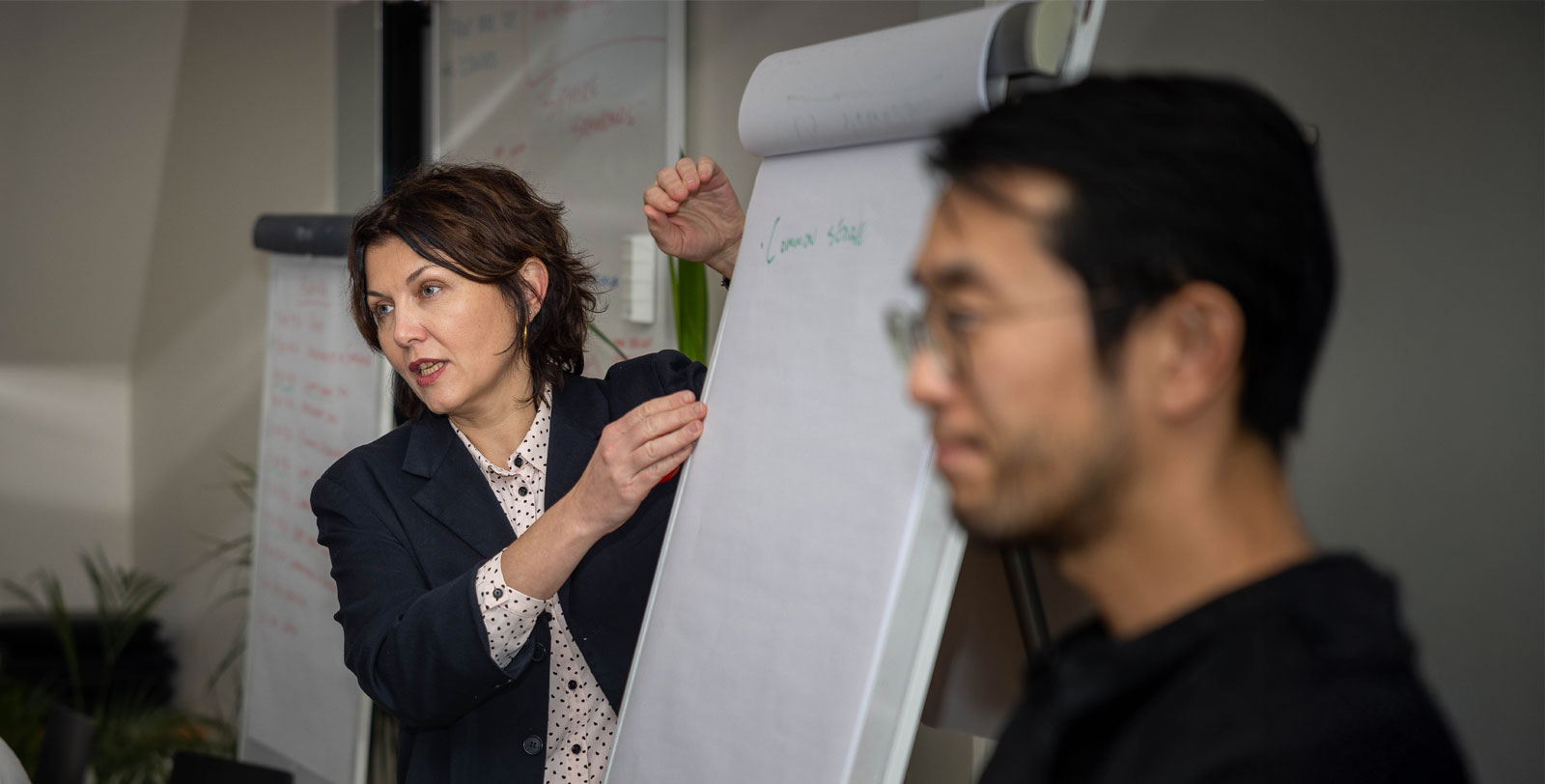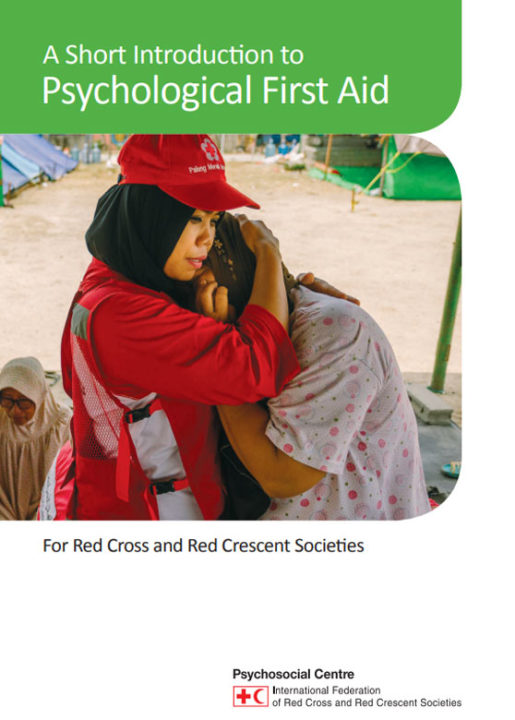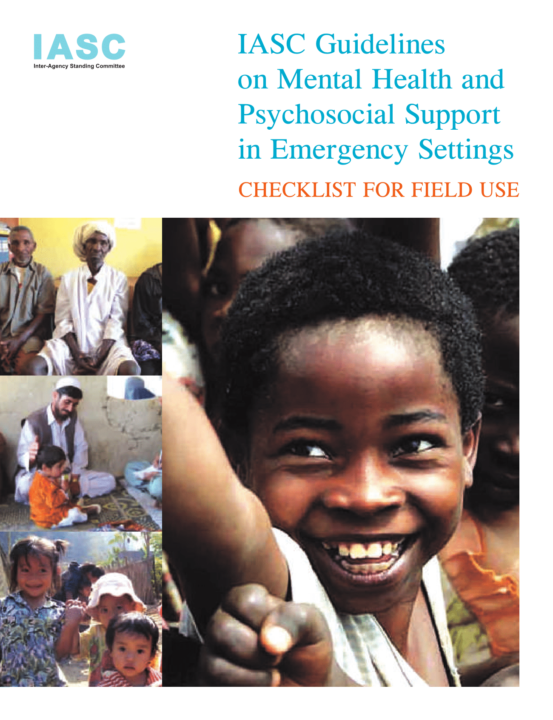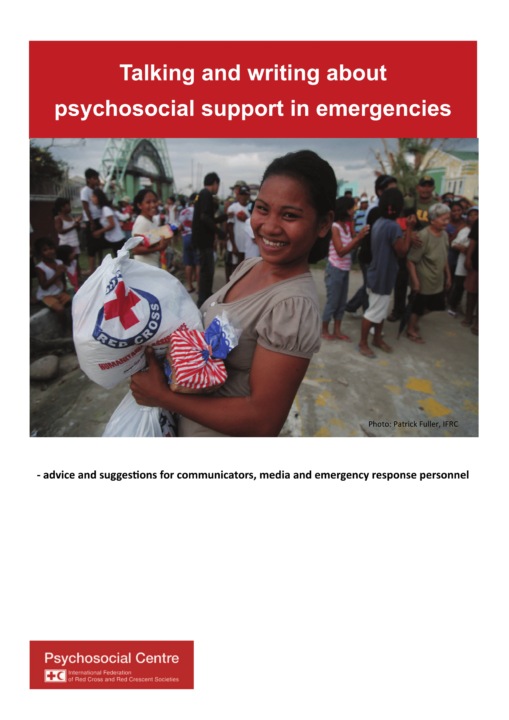The psychological and social impacts of emergencies may be acute in the short term and can undermine the long-term mental health and psychosocial well-being of the affected population, threaten peace, human rights and development. Previous emergencies have shown high numbers of patients presenting multiple somatic complaints; this group of patients places a heavy burden on the available health care delivery system.
The International Federation addressed this issue through the establishment of an optional and additional component to health emergency response units. This was developed in 2008 by the International Federation’s Reference Centre for Psychosocial Support with the support of Norwegian Red Cross and for the first time used in the ERU responses in Haiti after the 2010 earthquakes. Lessons learned from deployments since then, have clearly proved the added value and importance of integrating psychosocial support into emergency response. Emergencies create a wide range of challenges experienced at individual, family, community and societal levels. Emergencies tend to weaken formal and informal protective systems and increase the risks of new and pre-existing problems such as different types of violence.
ERU Psychosocial delegates work in chaotic circumstances, the National Society will often be overwhelmed, coordination and information sharing may be challenging, where there are many incoming actors. There will be many unforeseen situations where the psychosocial delegate will have to improvise to find the best solutions to challenges and problems. This manual covers the initial phases of an emergency response. The manual provides psychosocial delegates with guidance on how to carry out psychosocial interventions both in Health Emergency Response Units, outreach functions or as a delegate in a broader emergency response.






